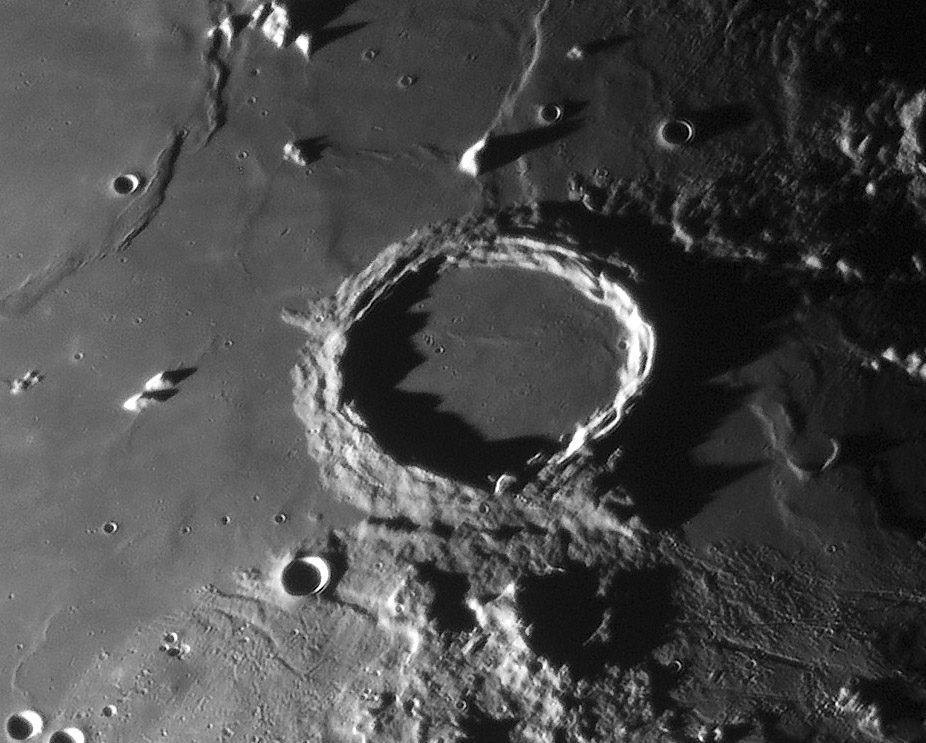Difference between revisions of "March 8, 2010"
| Line 3: | Line 3: | ||
<!-- ws:start:WikiTextHeadingRule:1:<h1> --> | <!-- ws:start:WikiTextHeadingRule:1:<h1> --> | ||
| − | <!-- ws:start:WikiTextLocalImageRule:16:<img src="/file/view/LPOD-Mar8-10/125736609/LPOD-Mar8-10" alt="" title="" /> -->[[File:LPOD-Mar8-10|LPOD-Mar8-10]]<!-- ws:end:WikiTextLocalImageRule:16 --><br /> | + | <!-- ws:start:WikiTextLocalImageRule:16:<img src="/file/view/LPOD-Mar8-10/125736609/LPOD-Mar8-10" alt="" title="" /> -->[[File:LPOD-Mar8-10.jpg|LPOD-Mar8-10.jpg]]<!-- ws:end:WikiTextLocalImageRule:16 --><br /> |
<em>image by [mailto:nsmith10000@yahoo.co.uk Nick Smith], La Palma, Canary Islands.</em><br /> | <em>image by [mailto:nsmith10000@yahoo.co.uk Nick Smith], La Palma, Canary Islands.</em><br /> | ||
<br /> | <br /> | ||
Revision as of 20:12, 2 January 2015
A Matter of Time

image by Nick Smith, La Palma, Canary Islands.
How many events do you see? The rim of Archimedes is partly draped over the hilly and rilled terrain in the foreground, which must be older. Sometime after Archimedes formed, Imbrium mare lavas flooded the outside of the crater and lavas somehow rose up under it to cover the floor. As the mare lava cooled and subsided, sinking into a smaller volume of the basin, low angle faulting made the circular ridges. Since the time of mare flows, small impacts have continued to occur, pitting the floor of Archimedes and everywhere else.
Chuck Wood
Technical Details
August 13, 2009. C14, Infinity 2-1M camera
Related Links
Rükl plate 22
COMMENTS?
Click on this icon File:PostIcon.jpg at the upper right to post a comment.



